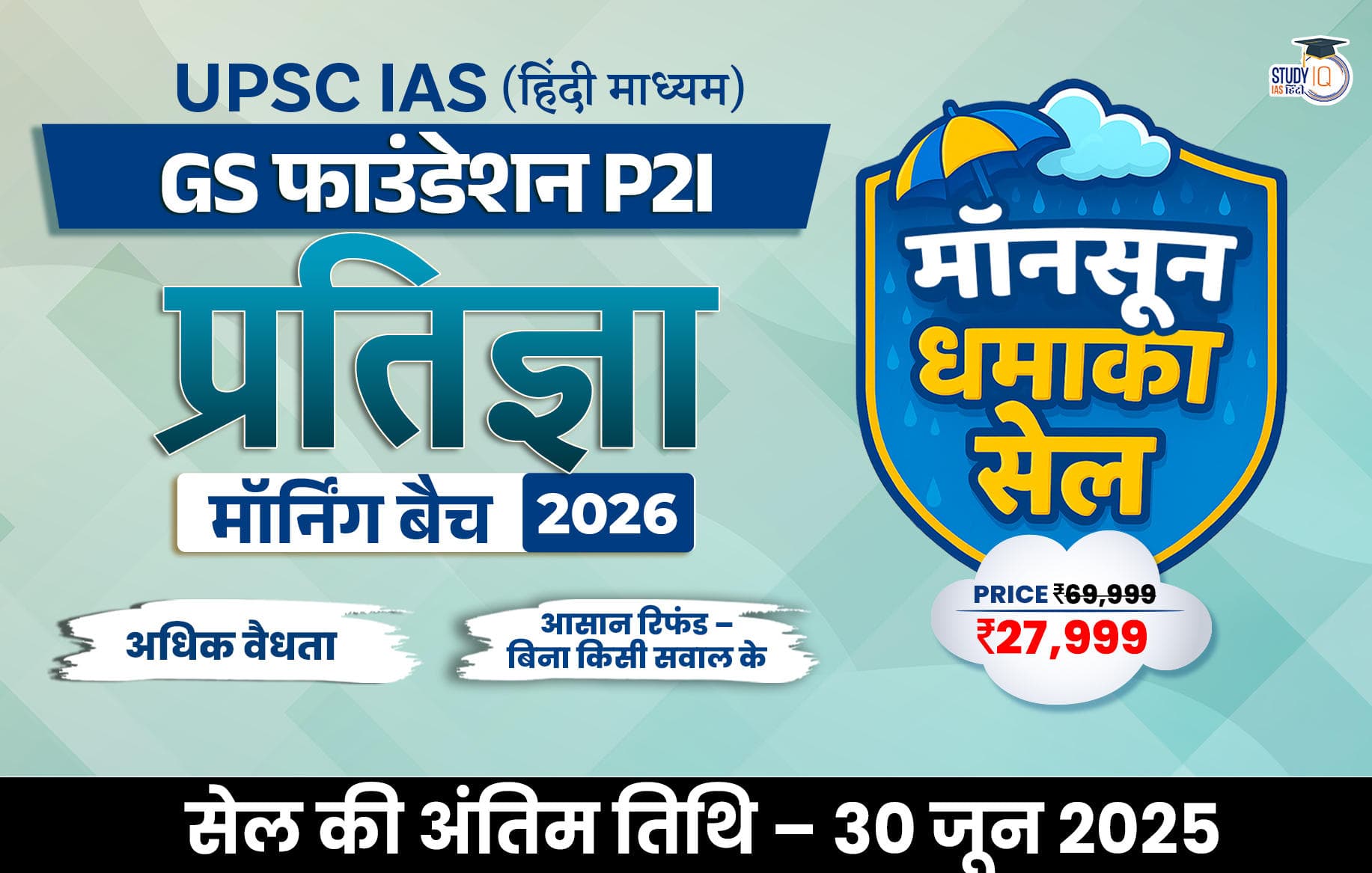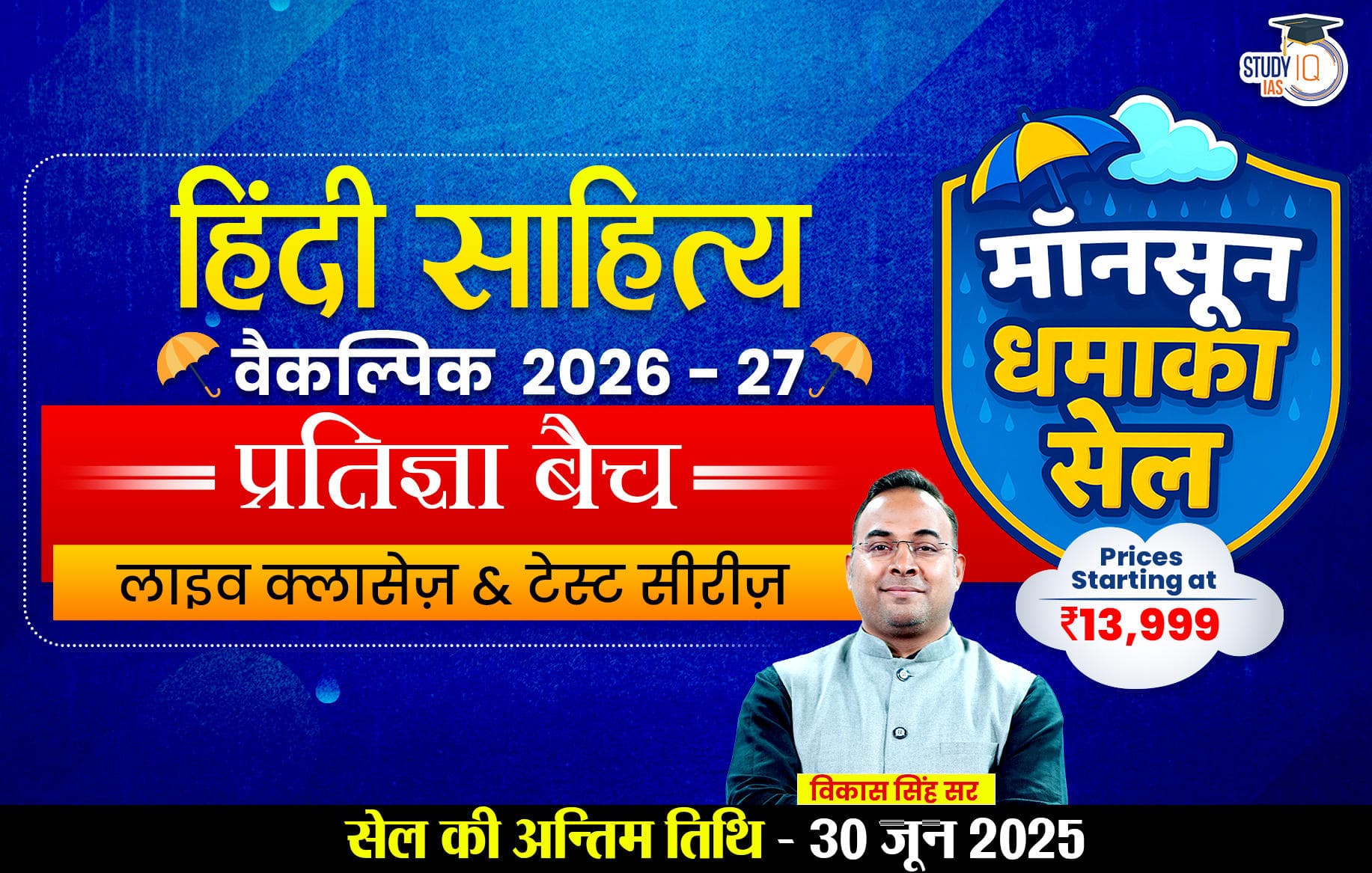Table of Contents
Article 35A took away many fundamental rights of citizens employment, equality of opportunity and rights to acquire property were taken away from those not residing in Jammu and Kashmir,” Chief Justice Chandrachud said. Citizens’ rights to employment in state government, the ability to purchase land, and equality of opportunity are all taken away by this clause. The Chief Justice of India stated that non-residents were excluded since inhabitants (of Jammu and Kashmir) have unique privileges. In addition, Justice Chandrachud concurred with the Centre that the Indian constitution is “on a higher platform than the J&K Constitution” and is therefore superior to it.
Get latest Daily UPSC Current Affairs
Article 35A of The Constitution of India
The Jammu and Kashmir state assembly was given authority under Article 35A of the Constitution of India to define “permanent residents” of the state and grant them specific rights and privileges. These privileges, according to the state of Jammu and Kashmir, include the right to own land and other tangible property, the right to vote and run for office, the right to look for work with the government, and the right to take advantage of other state services like higher education and health care.
These ‘privileges’ were not available to temporary residents of the state, even if they were Indian nationals. Anyone from outside Jammu and Kashmir who is not a permanent resident is prohibited from obtaining a government job or owning property in the state under Article 35A.
Check UPSC Mains Admit Card 2023
Article 35A Supreme Court
During the hearing on petitions challenging the abrogation of Article 370, the matter was raised to remove Article 35A. CJI Chandrachud on Monday noted that ‘35A took away three fundamental rights’. “Employment under State govt is specifically provided under Art 16(1) so while on the one hand, Art 16(1) have been preserved under Fundamental Rights, but Article 35A directly took away that fundamental right & granted immunity to any challenge on the ground that it would deprive you of a fundamental right under 16″, the CJI said. CJI further added that:
- “With the introduction of Article 35A, 3 fundamental rights are taken away First- Article 16(1), Second right to acquire immovable property which was then a fundamental right under Article 19(1)(f), Third Article 31, & settlement in the state which was a fundamental right under 19(1)(e)”,
- Article 35A which creates exceptions under three areas – employment under State government, acquisition of immovable properties and settlement in the State”.
Background of Article 35A
Previously, Jammu and Kashmir was a princely state ruled by the British Empire. Therefore, the people of Jammu and Kashmir were “state subjects” rather than British colonial subjects. At the start of the 20th century, political activities provided the people of Jammu and Kashmir the political identity of “hereditary state subject”. The state’s citizens urged that only individuals of Kashmiri ancestry be given positions in the state government. The Maharaja of Jammu and Kashmir passed a number of legal measures recognizing these unique statuses between 1912 and 1932 in response to this escalating popular demand. The clauses provided state subjects the right to hold public office and to possess and use land.
On October 26, 1947, Jammu and Kashmir joined the Union of India, and Hari Singh, the Maharaja of Kashmir, turned over command of the military, foreign policy, and communications to the Indian government. This connection was established by Article 370 of the Indian Constitution and the Constitutional Order of 1950. Candidates can click on the attached article to learn more in-depth about October 26, the day Maharaja Hari Singh of Jammu and Kashmir signed the Instrument of Accession.
The Constitution Order of 1954, which gave residents of the state citizenship rights, was issued by the President of India in response to the Jammu and Kashmir Constituent Assembly’s approval of the Delhi Agreement. Additionally, it added Article 35A to the Indian Constitution, giving state legislatures the authority to specify who qualified as permanent residents and what benefits they would enjoy.
Article 35A and Related Issues
The issues related to Article 35A have been provided below:
- The opponents of Article 35A drew attention to the fact that it was not inserted into the Indian Constitution using the methods specified in Article 368. In India, where such procedures could only be implemented through the legislative organ, it was included in the Indian Constitution through an executive order by the country’s president. As a result, Article 35A was outside the law’s established constitutional procedures.
- Any modifications or adjustments must follow the parliamentary process, according to Article 368. Since the motion to add Article 35A was taken straight to the President and not before the Parliament. The legality of Article 35A has always been debated.
- The Constitution’s Article 14 (Right to equality before the law) is violated by the designation of people as permanent residents or non-permanent residents under Article 35A. Any citizen of India, whether a resident of Jammu & Kashmir permanently or temporarily, has the same benefits and rights as everyone else.
Article 35A Current Status
The special status given to Jammu and Kashmir under Article 370 was revoked by the Union Government on August 5 by a Presidential Order, making the full Indian Constitution applicable to the state. This suggested that Article 35A was no longer in effect. In addition, legislation dividing the state into two union territories Jammu and Kashmir and Ladakh was passed by the Indian Parliament.
Article 35A and Article 370
Jammu & Kashmir is given the authority to create its own constitution by Article 370 of Part XXI. J&K is given autonomy as a result. It limits the legislative authority of Parliament over J&K. The state’s citizens are granted particular rights and benefits under Article 35A, which was introduced into the Constitution in 1954. The Jammu & Kashmir Legislature has complete freedom to determine who the “permanent residents” of the state are under Article 35A. In other words, it gives J&K the authority to purchase immovable property and confine settlement to the state.
Article 35A UPSC
The Assembly of Jammu and Kashmir has the authority to enact rules governing long-term residence in the State under Article 35A. It is controversial because it permits Jammu and Kashmir to pass legislation that can be discriminatory and contravene Article 14. Article 6 of the Jammu and Kashmiri Constitution is the subject of much debate. Article 6 specifies the requirements for attaining permanent residency in the State and grants permanent residents the right to own land, work for the government, and establish themselves there. Currently, the case is being heard by a three-judge Division Bench. If the Court decides to hear this case, it will be referred to a five-judge Constitution bench.
| If You are preparation for UPSC CSE 2023 Follow table for related topic | |
| IPC Section 108 | https://www.studyiq.com/articles/cabinet-ministers-of-india/ |
| National Commission for backward Classes | Salient features of Constitution of India |
| Parts of Indian Constitution | Non Resident Indian |

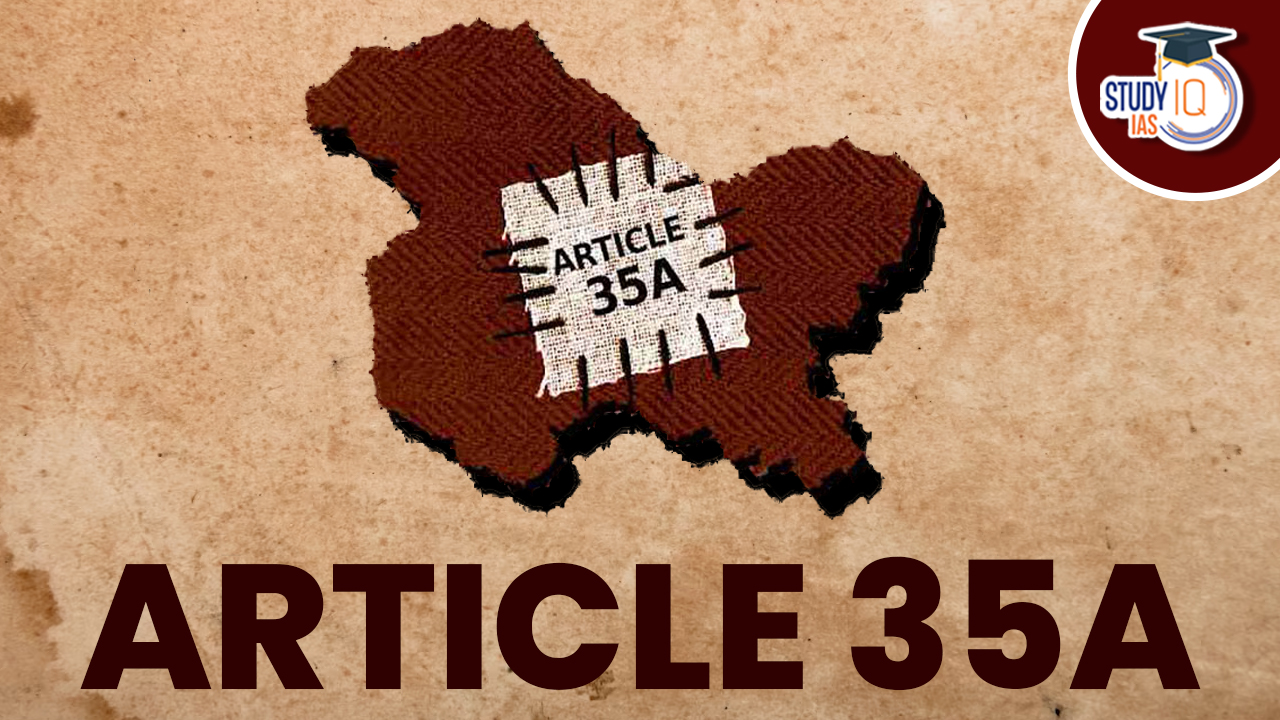
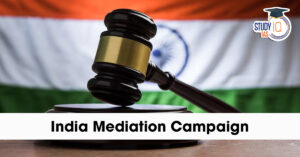 India Mediation Campaign, Objectives, Pr...
India Mediation Campaign, Objectives, Pr...
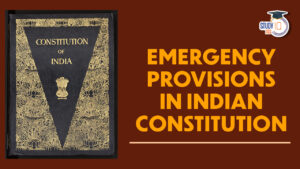 Emergency Provisions in Indian Constitut...
Emergency Provisions in Indian Constitut...
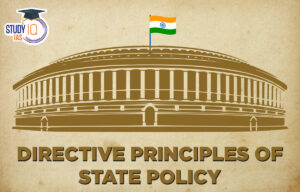 Directive Principles of State Policy (DP...
Directive Principles of State Policy (DP...


